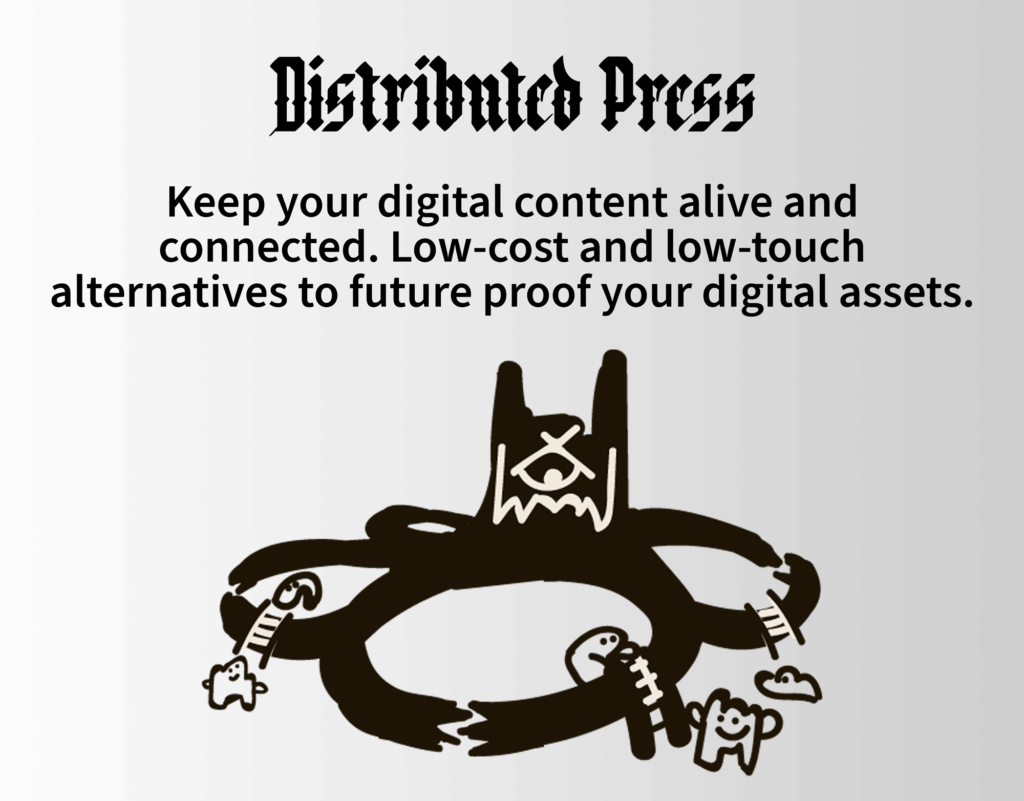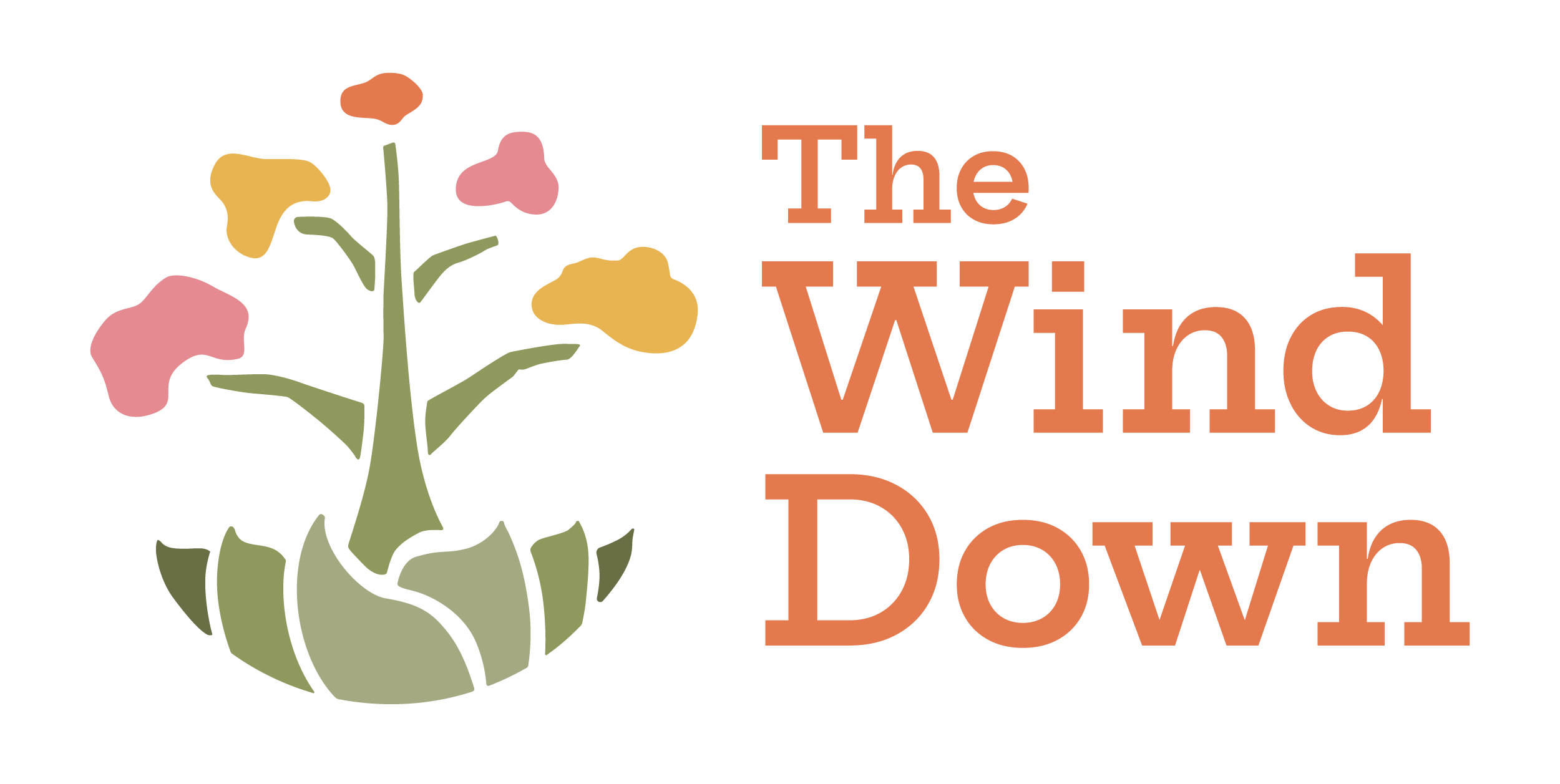June 2025 Community Gathering with Distributed Press

When friends from the DWeb community told me about the Distributed Press project, I knew I had to reach out. The work they have been doing recovering and hardening digital data seemed like a critical missing piece in the work of winding down organizations with dignity.
After months of lively communication, Fauno and Ana of Distributed Press joined us to share more about their work. Here are a few things we discussed:
Risky Work Requires Resilient Systems
To start, Ana shared about two organizations they worked with in South America whose sites were either shut down or attacked due to the political nature of their work. Distributed Press was able to move the sites on to distributed, static site systems that lessened the attack surface and also ensured that they had robust backups. In ensuring the websites were not subject to a “single point of failure” they helped harden the groups’ resilience and boost their reputation as groups that took seriously their own security and the security of the communities they served.
Even The Pros Get The Blues
Ana then went on to share how this work was born, in part, by her own experience of losing a website due to an innocent oversight. For several years, she had been running Lunar, an app to educate women on their menstrual cycles, when one day she awoke to find it had “evaporated from the internet”. In retracing her steps, she realized that she had overlooked a message from her web hosting provider reminding her of an outstanding bill. It turns out that once the grace period had passed, the host deleted all the data. This disastrous experience was part of what motivated Ana to throw herself into the collective project of website recuperation. (see the blogpost about it here, in Spanish)
Fauno jumped in to share that they are not there to make people feel bad or guilty about past mistakes or oversights. They fully understand that most people doing social change work are busy and overworked and don’t have time to think about things like digital infrastructure and how to avoid excessive web crawling or surveillance. DP is there to support and educate, not to guilt trip.

Static Doesn’t Mean Stagnant
The primary tool that Distributed Press employs to support greater website resilience and redundancy is the static website, and they were kind enough to break down what that meant. A static website is a fairly cheap and simple style of website that is sent to the users’ computer the way it appears on the original server. It doesn’t have a lot of dynamic elements that need to be pulled from other places, it is cheaper and easier to store, and it doesn’t require a lot of costly maintenance.
In a world where an organization’s digital footprint might extend across several corporate media platforms in addition to their own website, a static site is usually a good and manageable solution. That said, Fauno was quick to emphasis that “static” doesn’t mean “unchanging” or poorly design. He admitted that the term wasn’t as descriptive as it could be!
Thanks again to our friends at Distributed Press for this engaging session!
